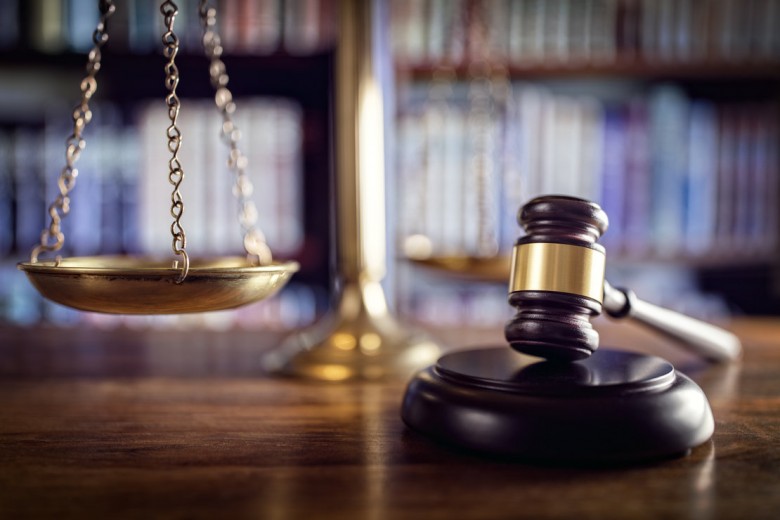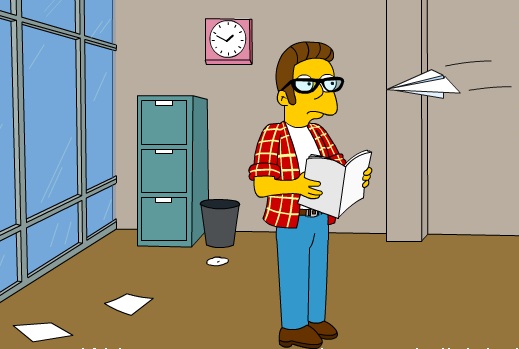A team of legal professionals and computer scientists recently managed to create an AI (Artificial Intelligence) with the ability to correctly predict the outcome of 80% of the cases decided by the European court of human rights. The performance of this AI was published by PeerJ Computer Science.
The Robot Judge
Scripts from cases presided in the European Court of Human Rights were used to train the machine to learn algorithm patterns from the text provided. The creation of this predictive model was made possible by advancements in the field of machine learning and natural language processing.
Lead scientist Nikolas Aletras made a statement through the University College London clarifying that AI will not replace judges or lawyers any time soon; however, they might prove useful in the rapid identification of patterns in cases that result in particular outcomes. As a result, AI could serve as a valuable tool for highlighting which cases can be violations of the European Convention on Human Rights.
Scientists and computer experts who took part in the creation of this AI discovered that the formal facts of a case were the most essential aspect of its predictive factor. However, other elements such as the topics discussed, language used, and other factors outside legal parameters were also found to influence a court’s decision.
According to Nikolas, they expect that this AI will help to improve the efficiency of high-level courts. But in order for this to become a reality, they still needed to conduct more tests against various articles and case data submitted to the court.
Scientists from the University of Sheffield, University College London, and University of Pennsylvania took part in the creation of this AI and its subsequent documentation and analysis.
Authors of the analysis expect that predication of court case outcomes will eventually help to prioritize the decision-making process in cases whereby violations seem most likely.
Law is becoming a hot spot for A.I. development. Earlier this year we reported that a robot lawyer successfully overturn 160,000 parking tickets.













